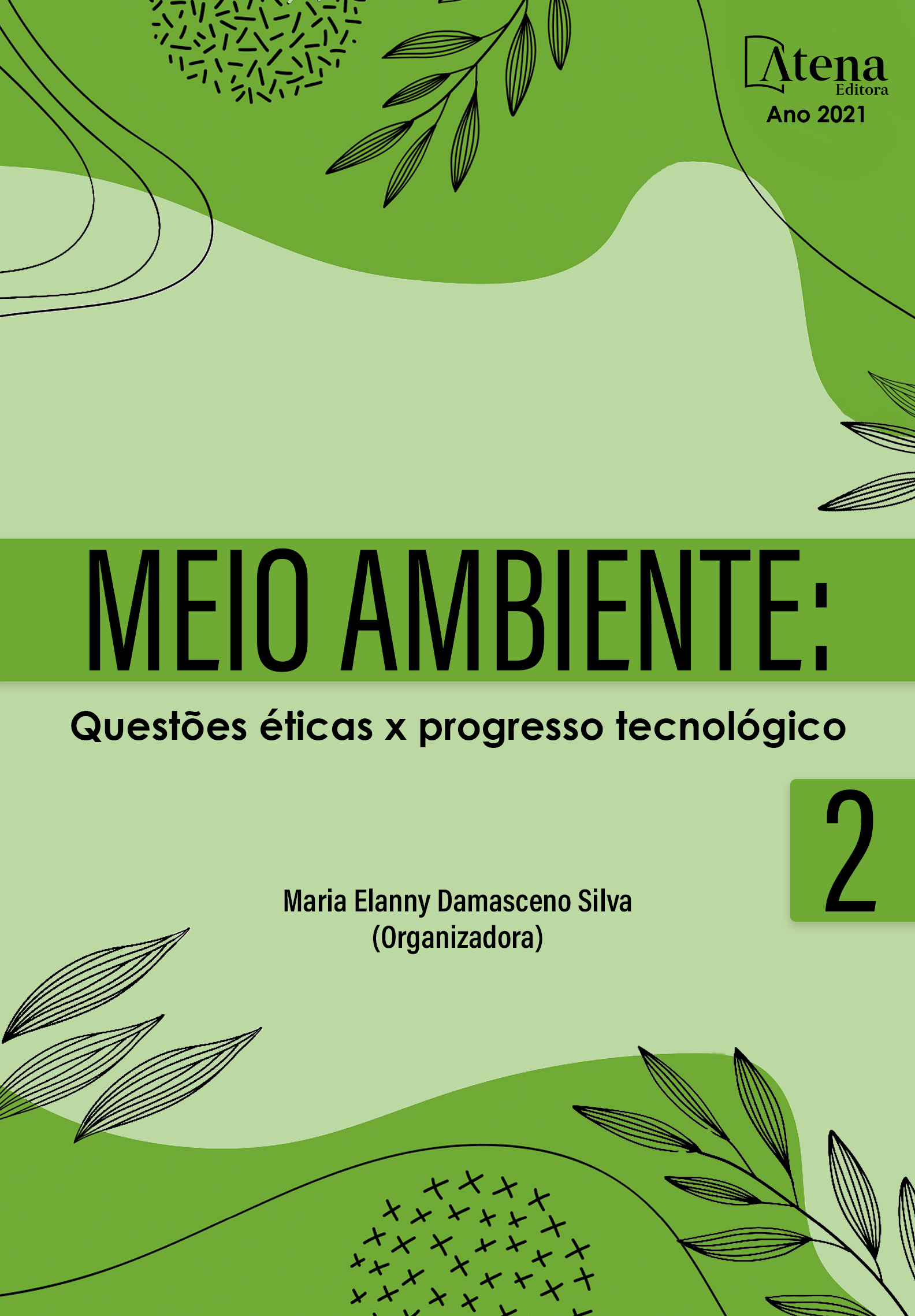
ACESSO À INFORMAÇÃO E CONSCIÊNCIA AMBIENTAL DA POPULAÇÃO DO BAIRRO TIJUCA, RIO DE JANEIRO: INFLUÊNCIA EM AÇÕES LIGADAS À LOGÍSTICA REVERSA
Esse trabalho objetiva avaliar, a partir de entrevistas realizadas com moradores do bairro Tijuca, localizado na cidade do Rio de Janeiro, Brasil, o nível de acesso a informações sobre logística reversa, a consciência ambiental dos entrevistados, e suas relações com o descarte adequado de resíduos da logística reversa. A coleta dos dados foi feita por intermédio de entrevistas, a partir de abordagem aleatória dos moradores do bairro, homens e mulheres acima de 18 anos, alfabetizados, pertencentes a todas as classes econômicas. Um total de 326 entrevistas foram realizadas entre setembro e dezembro de 2019, com aplicação de questionário composto por 23 questões utilizando duas abordagens: entrevista presencial e aplicação on-line. As perguntas visavam identificar as percepções da população do bairro Tijuca sobre os resíduos da logística reversa constantes na Política Nacional de Resíduos Sólidos, excetuando-se os agrotóxicos, por se tratar de uma área urbana. O trabalho se concentrou na análise de 8 perguntas relacionadas ao acesso à informação sobre logística reversa e programas e pontos de coleta seletiva, assim como aos comportamentos e consciência ambiental dos entrevistados. Também foram analisadas 7 perguntas que versavam sobre a destinação dada pelos entrevistados aos resíduos da logística reversa. Os resultados indicaram pouca preocupação em relação aos resíduos gerados pelos entrevistados, especialmente em suas residências. Observou-se também pouco acesso à informação, sendo que 23,6% dos moradores não sabiam o local de destinação dos resíduos gerados em suas residências e nunca se preocuparam com essa questão e 47,2% disseram não saber sobre o destino dos resíduos sólidos domiciliares, apesar de demonstrarem interesse. Ainda, 74% dos entrevistados informaram não ter conhecimento de algum programa de coleta seletiva no bairro. Pode-se constatar também que 60,1% dos moradores não tinha conhecimento de pontos de coleta no bairro. Apenas 7,7% se mostraram conscientes em relação à temática, sendo que a maioria apresentou potenciais traços de consciência. Finalmente, ao se analisar os resultados referentes ao descarte dos resíduos relacionados à logística reversa verificou-se, independentemente do tipo de resíduo, ampla carência de ações ligadas à questão. Constatou-se que há uma relação direta entre a carência de informação e consciência ambiental e a falta de ações voltadas à logística reversa por parte dos moradores. Considera-se fundamental o encorajamento de programas de educação ambiental, fazendo-se ampla e intensa divulgação sobre como e onde descartar corretamente os resíduos. Campanhas de conscientização devem ser realizadas apontando-se os problemas gerados pelo descarte inadequado dos resíduos, com indicações de que a mistura de rejeitos aos resíduos recicláveis reduz a possibilidade de reaproveitamento dos agregados devido à contaminação.
ACESSO À INFORMAÇÃO E CONSCIÊNCIA AMBIENTAL DA POPULAÇÃO DO BAIRRO TIJUCA, RIO DE JANEIRO: INFLUÊNCIA EM AÇÕES LIGADAS À LOGÍSTICA REVERSA
-
DOI: 10.22533/at.ed.7412122112
-
Palavras-chave: Consciência ambiental, Educação ambiental, Logística reversa.
-
Keywords: Environmental awareness, Environmental education, reverse logistics.
-
Abstract:
This work aims to evaluate, based on interviews conducted with residents of the Tijuca neighborhood, located in the city of Rio de Janeiro, Brazil, the level of access to information on reverse logistics, the environmental awareness of the respondents, and their relations with the proper disposal of waste from reverse logistics. The data collection was done through interviews, from a random approach to residents of the neighborhood, men and women over 18 years, literate, belonging to all economic classes. In total, 326 interviews were conducted between September and December 2019, with the application of a questionnaire composed of 23 questions using two approaches: face-to-face interview and online application. The questions aimed to identify the perceptions of the population of the Tijuca neighborhood about the reverse logistics waste contained in the National Solid Waste Policy, except for pesticides, because it is an urban area. The work focused on the analysis of 8 questions related to access to information on reverse logistics and selective collection programs and points, as well as the behaviors and environmental awareness of the respondents. We also analysed 7 questions about the destination given by respondents to reverse logistics waste. The results indicated little concern about the waste generated by the interviewees, especially in their homes. It was also observed that there was little access to information, and 23.6% of the residents did not know the destination of the waste generated in their homes and were never concerned about this issue;47.2% said they did not know about the destination of household solid waste, despite showing interest. 74% were not aware of any selective collection program in the neighborhood. It can also be seen that 60.1% of the residents had no knowledge of collection points in the neighborhood. Only 7.7% were aware of the topic, with the majority presenting potential traits of awareness. Finally, when analysing the results referring to the disposal of waste related to reverse logistics it was found that, regardless of the type of waste, there was a wide lack of actions related to the issue. It was found that there is a direct relationship between the lack of information and environmental awareness and the lack of actions aimed at reverse logistics by the residents. The encouragement of environmental education programs is considered fundamental, with wide and intense dissemination on how and where to correctly dispose of waste. Awareness campaigns should be conducted pointing out the problems generated by the improper disposal of waste, with indications that the mixture of tailings with recyclable waste reduces the possibility of reusing the aggregates due to contamination.
-
Número de páginas: 15
- Anderson Amendoeira Namen
- Natalie Olifiers
- MARCIO LEOCADIO DE SANT ANNA


